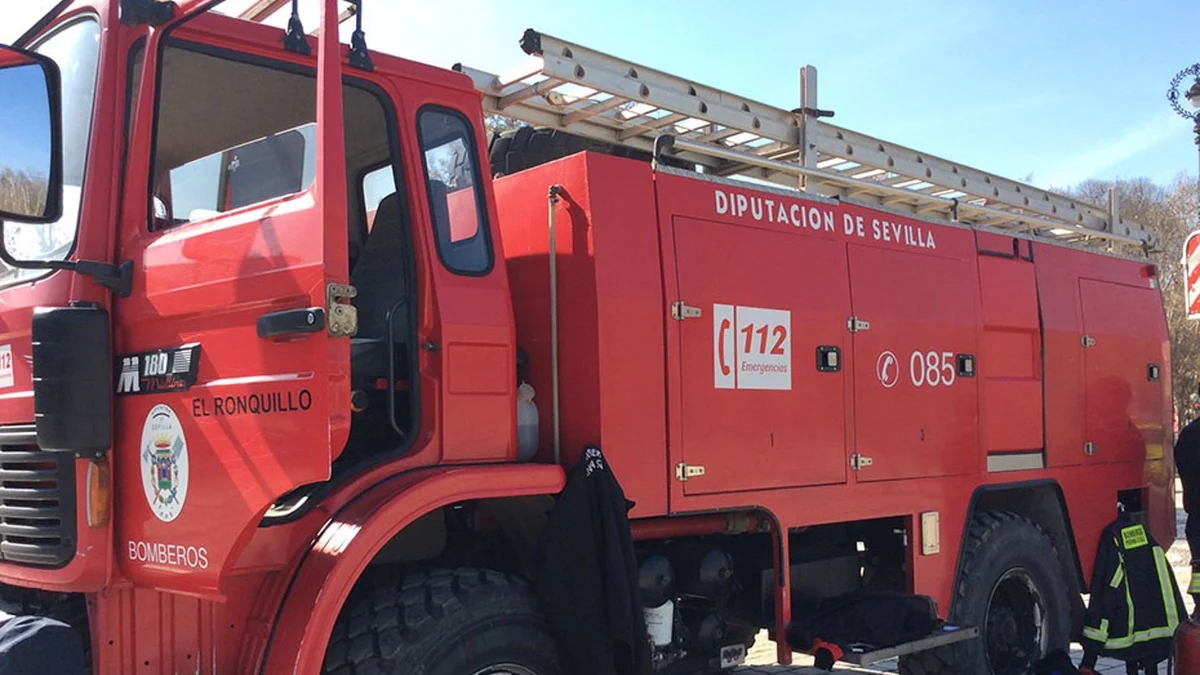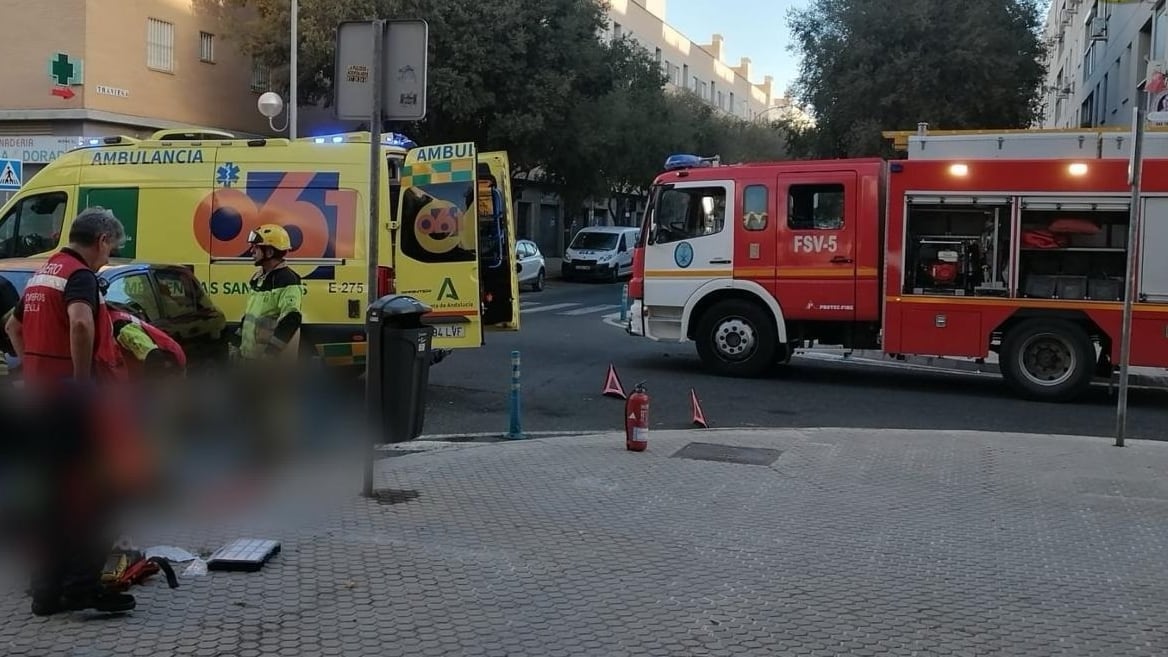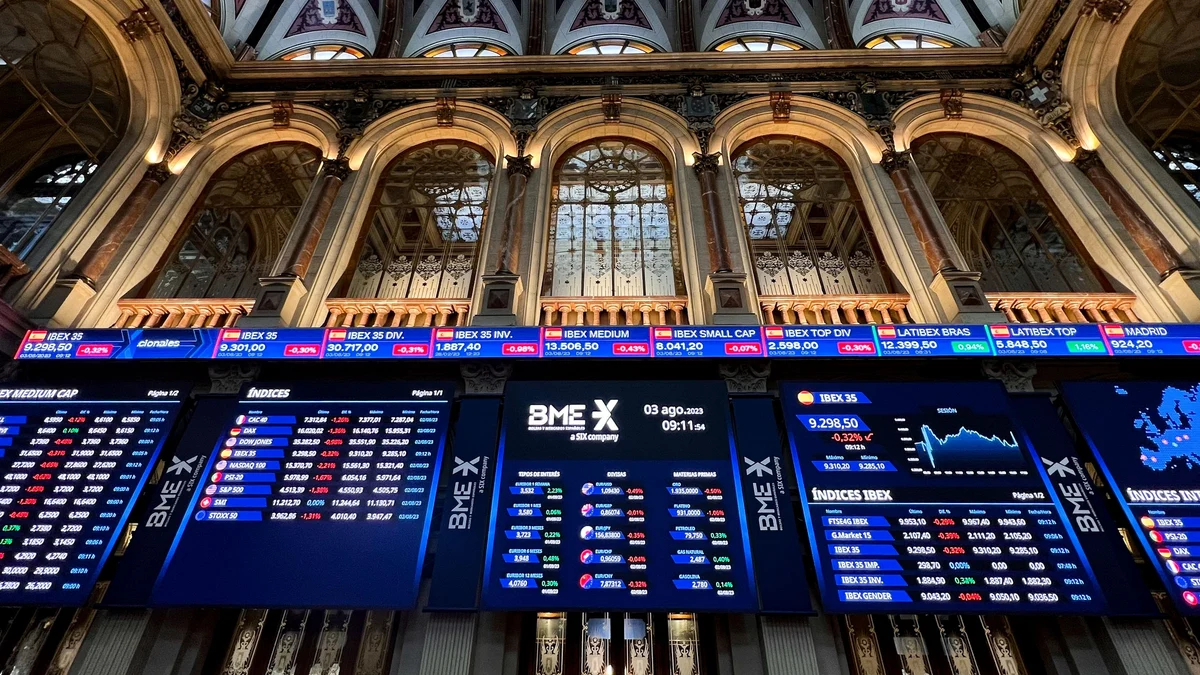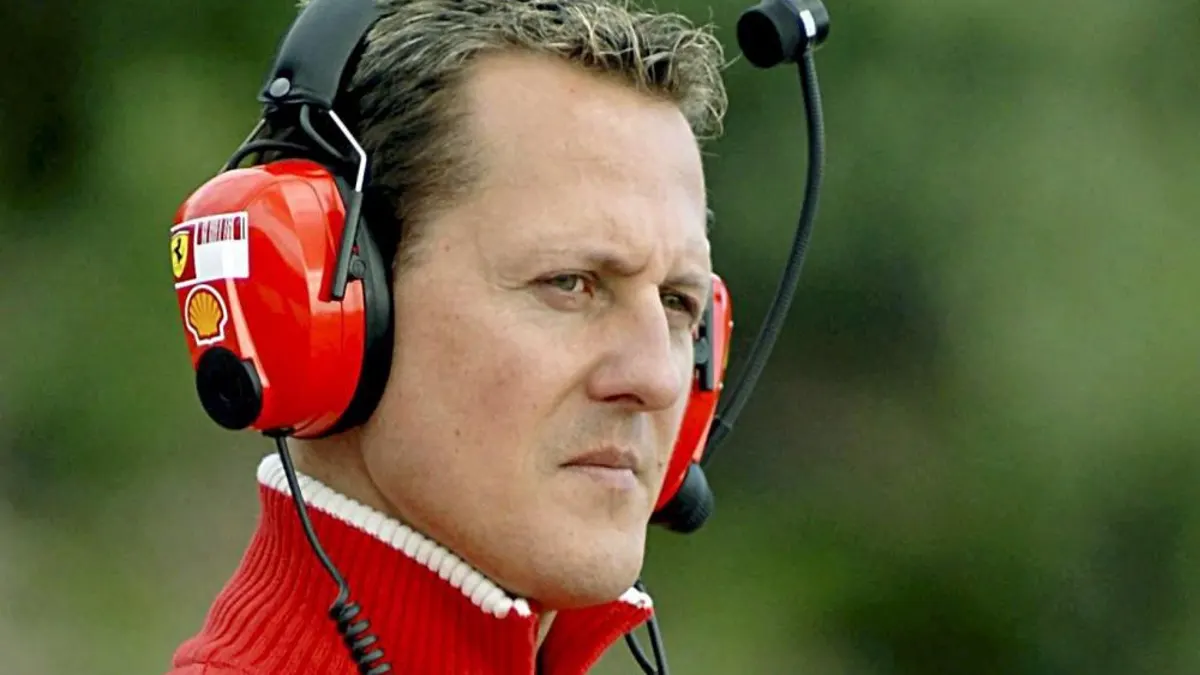The business sentiment for 2024: This year is crucial for Romania
First, because the decisions the authorities make now regarding the regulatory framework for grids investments will determine the country’s long-term economic development and competitiveness.
The grids investment required for green, safe, and accessible energy is estimated at around €15 billion. This substantial amount can only be secured by attracting European funds and private investment. Given the long duration of energy investments, typically 25-50 years, any decision made now will have lasting economic impacts, either positive or negative.
A proper regulatory framework that encourages investment and recognizes all investments is essential. Without this, no company will invest if its costs are not properly recognized. Investors expect the regulator to balance the interests of the state and consumers while ensuring the financial sustainability of distribution operators and their ability to maintain necessary investment programs.
It is an opportunity that Romania cannot afford to miss. These investments will determine consumer satisfaction, the state of the energy system, and Romania’s economic performance. Wrong decisions or delays will cost much more than the effort required now.
Second, another crucial decision is when and how to return to the free market. Energy prices are capped until March 31, 2025, and the question everyone is asking is what the market will look like next year. Therefore, we need to have a clear vision of the market opening, because Romania can only play the role of an energy hub in the region through a stable, reliable, liquid market with a reference price. E.ON has always argued that once the crisis fades, we need to return to a free, competitive market to offer customers the best possible deals.
Regarding the E.ON group’s businesses, they continued to partially stabilize in the first part of this year after a very difficult period, marked by the energy market crisis and frequent legislative and regulatory changes in 2021 and 2022. However, the situation remains fragile on both the distribution and supply sides.
On the distribution side, we estimate an improvement in the financial situation, with Delgaz Grid ending last year with a loss of around 244 million lei (€49 million). This improvement depends on ANRE approving a regulatory framework that correctly recognizes the costs of companies and stimulates investment.
We had to resort to bank loans to support both current and investment activities, given that rates were frozen in 2021 and 2022. Despite a challenging context, the company made total investments of around €191 million in 2023 (€177 million from own and attracted sources, and €12 million from third-party financing for branch extensions and new networks), a 37% increase compared to the previous year and the highest in the last 18 years.
For E.ON Energie Romania we expect revenues similar to 2023 from supply activities, in accordance with the regulatory framework (with a regulated margin) and increasing sales of energy solutions.
The main concern is liquidity due to delays in recovering amounts related to the capping scheme from the state and the efforts to repay loans taken to support this process left on the shoulders of the suppliers.
For clarity, the company’s income comes from a legally established margin, but this margin is significantly reduced by the interest on the loans we took (with committed credit lines of 2.25 billion lei to support the capping scheme), because the state did not pay the amounts due under the support scheme on time.
Although the state has begun repaying these amounts with less delay since last year, we still have amounts to recover, and this process remains quite laborious.
Grasping the adjustment practice
First of all, I would emphasize the ability to adapt to so many changes and times of uncertainty. I do believe this ability is crucial. Leaders should be flexible and open-minded, willing to embrace new ideas and approaches as the business environment evolves.
Next, I would highlight emotional intelligence. Strong emotional intelligence is essential for leaders to understand and connect with their teams. Empathy, self-awareness, and effective communication skills foster a positive and inclusive work culture.
Vision and strategic thinking are also important. Leaders should have a clear vision of the future and the ability to think strategically. They should be able to anticipate trends, identify opportunities, and make informed decisions that align with the organization’s goals.
In an increasingly digital world, leaders need to be digitally literate and stay updated on emerging technologies. Understanding the potential of digital tools and leveraging them effectively can drive innovation and efficiency.
Additionally, I would like to mention the importance of collaboration and teamwork. Building strong collaborative relationships and fostering a culture of teamwork are crucial too. Leaders should encourage collaboration, empower their teams, and create an environment where diverse perspectives are valued.
The most empowering message a leader can give to their teams emphasizes collaboration, growth, and purpose. Encouraging teamwork fosters a sense of belonging and collective achievement. Promoting personal and professional growth shows that the leader values the development and well-being of their team members.
Lastly, reminding the team of their purpose and the impact they make can inspire motivation and a sense of fulfillment.
Fundamentals of leadership
The fundamentals of leadership can vary depending on different perspectives and theories, but some common elements include vision, communication, integrity, decision making and empowerment.
A leader should have a clear vision of where they want to take their team or organization. This vision provides direction and inspires the team to work towards a common goal, which in our case is to serve our customers.
At the same time, effective communication is essential for a leader. They should be able to articulate their vision, provide feedback, listen to their team members, and foster open and transparent communication within the team.
A good leader empowers their team members by delegating tasks, providing autonomy, and trusting their abilities. This fosters a sense of ownership and motivation within the team.
Empowering people
I am proud of my colleagues and make sure to tell them whenever I have the opportunity, whether during direct meetings or board chats. As a company, we have faced many challenges and more are on the horizon, but thanks to our employees, we have successfully overcome these obstacles.
Of course, there is always room for improvement, and therefore I will name a few aspects that I believe can generally enhance people’s performance.
Encouraging open and transparent communication can help employees better understand their roles and responsibilities. At E.ON, we hold daily/weekly departmental meetings and monthly meetings with all employees to ensure everyone has the same level of understanding of the company’s situation and to facilitate real feedback.
Promoting a culture of continuous learning and development can help employees stay updated with industry trends and enhance their skills. We encourage our colleagues to enroll in training programs, workshops, and mentorship opportunities.
Encouraging a healthy work-life balance can lead to increased productivity and employee satisfaction. Promoting flexible work arrangements and providing support for personal well-being can contribute to a more positive work environment.
Recognizing and rewarding employees for their achievements and contributions can boost morale and motivation. Implementing a fair and transparent performance evaluation system can help identify and reward high performers.
Finally, fostering a collaborative and inclusive work environment can enhance teamwork and innovation. Encouraging cross-functional collaboration and providing platforms for knowledge sharing can lead to better outcomes.
Pinpoints of business growth
E.ON is not only a supplier of electricity and natural gas for 3.4 million customers but also increasingly a provider of energy solutions. We aim to play a key role in the transition to a green future and see a strong potential for growth in this area.
Our approach is to provide energy-efficient solutions to all types of customers, including households, SMEs, companies, and institutions, to reduce their energy costs and carbon footprints.
For example, we have been active in the photovoltaic generation market since 2020, and in the residential segment, we have installed almost three thousand systems to date. Last year, we installed about one system per day, but this year, with the resumption of the Casa Verde program, we have accelerated significantly, installing systems in almost 50 homes per day.
The systems we have installed have so far produced around 15 GWh of solar energy. The environmental benefits are equivalent to avoiding the burning of 6,000 tons of coal, preventing the emission of 7,200 tons of carbon dioxide and planting 10,000 trees.
Like all our solutions, we offer everything “turnkey”, from specialist consultation and installation to the issuance of the prosumer certificate.
We are also a leading player in the market for PV generation projects for companies and institutions. Last year, we completed and handed over 161 PV plants with a total installed capacity of 32 MW and an energy production of 38 GWh/year.
To date, we have completed 376 PV projects, with the turnkey plants we delivered producing over 89 GWh/year of solar energy and saving the environment from about 24,000 tons of CO₂ emissions. The power plants contain approximately 203,300 panels and cover an area of about 488,000 square meters, the size of 120 football fields. Currently, we have another 29 photovoltaic plants under construction for business customers.
Additionally, we are present in the thermal market, offering a turnkey heating solution with condensing plants that ensure increased efficiency, reducing gas consumption by up to 30% compared to gas boilers, thereby lowering the bill. More than 50,000 customers have opted for our solution, about the number of homes in an average city in Romania, such as Satu Mare.
Since last year, we have also offered heating and cooling solutions with heat pumps. The heat pump market is in its early stages in Romania, but it is expected to grow in the coming years due to the efficiency and sustainability this solution offers.
We also provide cooling solutions exclusively with Inverter technology, for low energy consumption, having installed over 21,000 units since 2020. We offer a complete solution from delivery and installation to post-installation services.
We want to play a leading role in the transition to the new era of electric mobility. We support people, companies, cities, and communities with affordable, reliable, and environmentally friendly mobility solutions – including integrated solutions with photovoltaic electricity generation systems. In 2023 we installed 201 charging points for electric cars, bringing our total to 441 charging points in Romania.
AI and news technologies reshape business
Digital transformation will significantly reshape our businesses in the coming decades. Key aspects influencing us include artificial intelligence and automation, IoT, blockchain, Big Data and data analytics.
The potential applications of artificial intelligence (AI) for climate protection and the energy revolution are enormous. For example, AI can control many energy flows in the utility system (such as wall boxes and photovoltaics) more efficiently and avoid unnecessary consumption. It can better balance fluctuations in power consumption and generation, ensuring a high quality of supply.
In addition, AI can generate forecasts to aid in the further expansion of photovoltaic systems. By collecting even larger databases, it can optimize pattern recognition for grid expansion.
These digital changes will transform E.ON into a smarter, more connected, and more customer-focused energy company. The strategic use of digital technologies will enable the company to meet the ever-changing needs of the energy market and remain competitive for the next 20 years. Artificial intelligence is indispensable for future generations and for shaping a sustainable future.
There are two main principles from which we never deviate: customer orientation and safety
The customer is at the heart of our business, a fact well understood by all our employees, whether we are having good days or facing challenges. Despite difficult times, such as the pandemic, energy crisis, and frequent legislative changes, we have managed to increase customer satisfaction. We express our gratitude to our employees whenever possible, as it is their efforts that make this possible.
At the same time, we ensure that everyone comes to work and leaves safely, so they can return to their loved ones without worry.
E.ON is continuously committed to creating an excellent work environment that meets the needs and expectations of our employees. A job with our companies offers numerous possibilities and opportunities for career development at both the national and European levels, as well as for personal growth.
According to the results of the “Most Wanted Employers 2024” study, carried out by Catalyst Solutions, the E.ON Romania Group ranked #41 nationally and #2 in the energy industry, our best positions to date. This achievement reflects our commitment to employee satisfaction.
The energy transition is a huge challenge but also brings many opportunities
E.ON, as a grids operator and solutions provider, understands that the future lies in being a sustainable company, and we have an important role to play in the green revolution. We know well what our customers want: energy-efficient solutions, the ability to produce a significant portion of their own energy, better control of their bills, and eco-friendly practices.
As energy grids operators we know exactly what needs to be done to meet our customers’ needs. Ultimately, these networks serve people and the economy, even if they are owned by us.
We cannot achieve the energy transition without substantial investments in grids, production, and storage. The key question now is how to secure the funding for these investments?
We need to ensure that regulations provide the right incentives to at least double annual investments in grids for years to come. We need more predictability for the next five years to prepare adequately; we cannot double investments from one year to the next.
A suitable regulatory framework and increased predictability are essential for providing our customers with green energy, affordable prices, stability, and security of energy supply, and for building a more sustainable world together.
About E.ON Romania
The German group E.ON is one of the leaders of the energy market, having a consolidated presence in Romania over 19 years. The flagship companies of the group are Delgaz Grid and E.ON Energie Romania, which carry out electricity and natural gas distribution activities for 3.6 million customers, respectively providing energy and energy solutions for around 3.4 million customers. Since entering the Romanian market, E.ON has invested over EUR 2.3 billion, mainly in network modernization. At the same time, the value of the contributions transferred to the state and local budgets amounts to EUR 3.4 billion.























